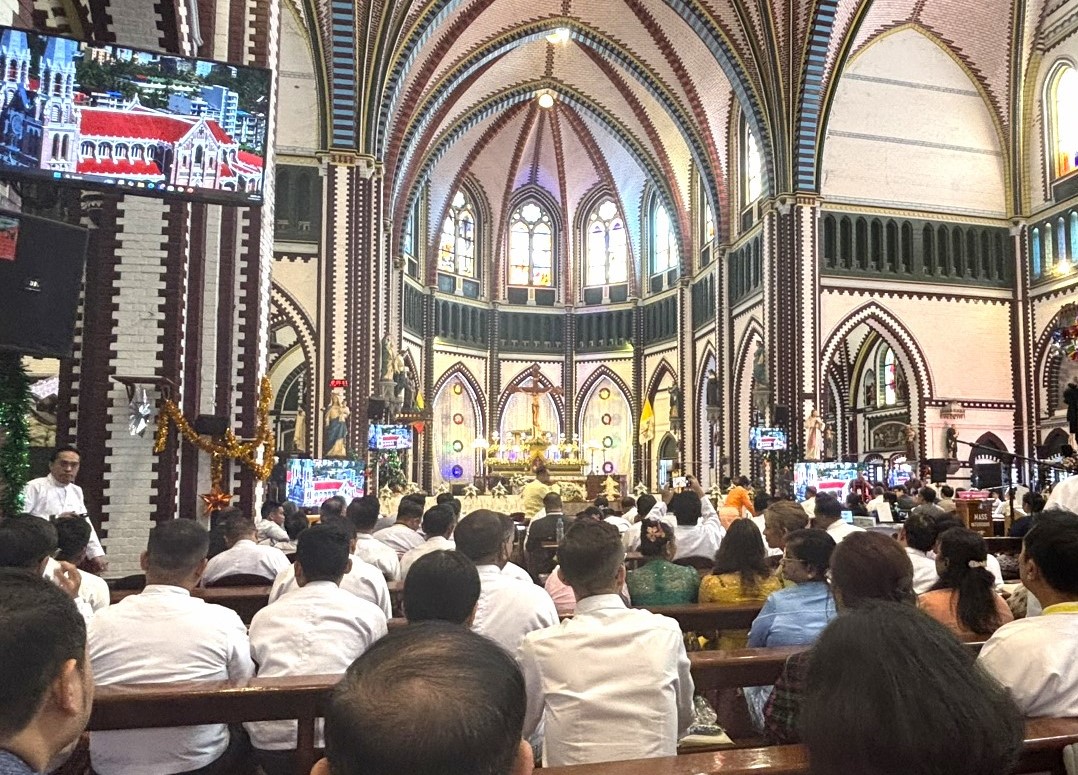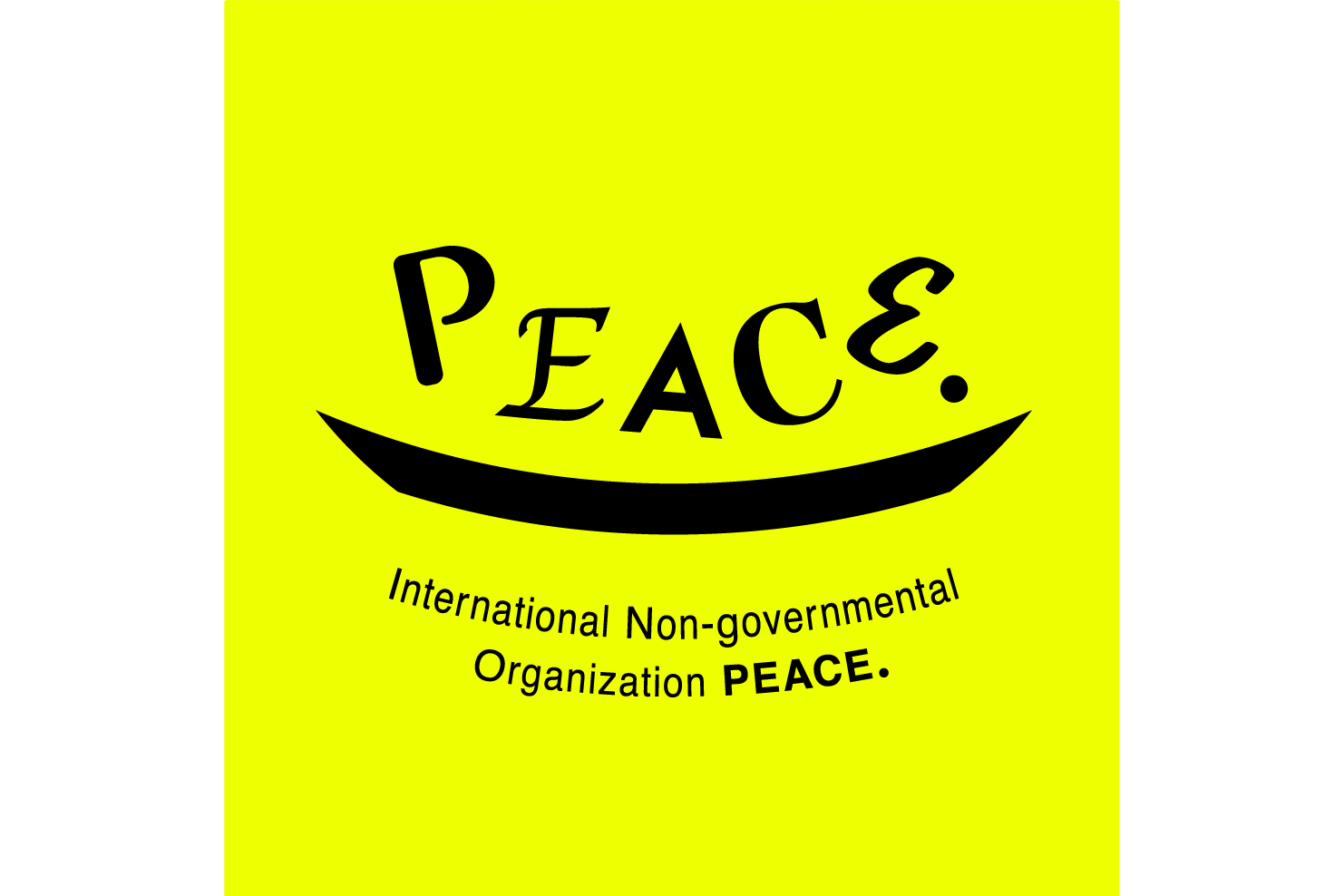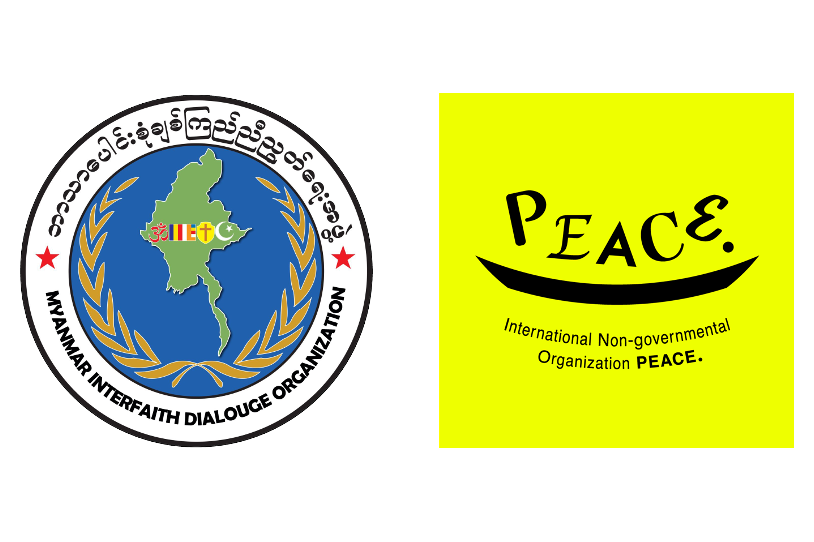International Non-governmental Organization PEACE. (abbreviated as “ingo PEACE.”) marked a historic milestone on August 27, 2025, by independently hosting the Myanmar Human Rights Seminar 2025 (Universal Values of Humanity Seminar) in Yangon, Myanmar. This was the first human rights seminar ever held in the country since the adoption of the Universal Declaration of Human Rights at the 3rd United Nations General Assembly in Paris on December 10, 1948, and it took place amid the challenging context of ongoing civil conflict.
Notably, Burma (present-day Myanmar) was among the 48 nations that voted in favor of the Declaration 77 years ago, out of a total of 58 UN member states at the time—an historical fact that underscores the profound international significance of this event.
In the days leading up to the seminar, the organizers faced numerous challenges, including announcements of withdrawal by some planned co-host organizations, pressure on the hotel venue to cancel, and even a last-minute request to change the seminar’s title. Nevertheless, through the united efforts of ingo PEACE. headquarters and the ingo PEACE. Myanmar Administrative Office—working under the mission of an independent civil organization, engaging in persistent dialogue and negotiation across sectors, and ultimately securing the understanding of the government—the seminar was safely and smoothly realized.
On the day of the event, approximately 300 participants attended, including distinguished representatives from the Center for Peace and Reconciliation (CPR), the Thamardi Foundation, the legal community, interfaith leaders, business executives, political parties, and the media. Amidst high expectations for the future and an atmosphere of palpable tension, the seminar concluded with resounding applause, marking a truly historic step forward.
*At the time of adoption in 1948, the United Nations had 58 member states (48 in favor, 8 abstentions, 2 absent).

Background and Significance
Myanmar has long been deprived of forums for open discussion on human rights and democratization due to international isolation and economic sanctions. The Human Rights Seminar thus represents a historic achievement made possible by a civil organization, reviving the voices of citizens long silenced by civil conflict and placing them once again on the public stage toward democratization.
Amid repeated difficulties—including the withdrawal of partner organizations and mounting external pressures—ingo PEACE. remained steadfast in its commitment to uphold “human dignity and human rights as the foundational design principles for future society,” ultimately deciding to proceed independently. This historic achievement demonstrates the unique role that a civil INGO can play in creating a free and open platform for dialogue.
Keynote Speech by the Chairperson: “Toward the Future of Peace and Human Rights”

In a 30-minute keynote address, ingo PEACE. Chairperson Hiroyuki Nakazawa called for the redefinition of “human dignity” and “human rights” from a historical and global perspective.
He declared: “Human dignity and human rights are not something granted by others—they are the very will to choose and live for the future.”
Reaffirming the spirit of the Universal Declaration of Human Rights adopted on December 10, 1948, he redefined human rights as the inherent “power of life,” and peace as a condition in which “all forms of energy—food, education, healthcare, livelihood, culture—reach every life, leaving no ‘zero point of energy,’ and ensuring a world where even the weakest can live securely.”
He called for the creation of a new community based on values, the “Hope Alliance,” transcending national boundaries and uniting around human rights as a foundation, and proposed building a coexistence economy model rooted in shared benefit (peace, human dignity and rights, and Earth interest), which he described as the true prosperity of civilization.
Furthermore, he announced the establishment of a Peace Future Council with young people at its center, emphasizing that experienced and wise individuals must serve as gardeners and guardians, guiding the next generation as they learn to ask questions, find answers, and put them into practice.
He concluded: “The future is not a contract with the past, but a contract of hope we must build together.”

The speech ended with a powerful call: “Raise your hope, and make a covenant with the future! Hands Hope!”—to which the audience responded with prolonged applause.
Highlights from Other Speakers
The seminar unfolded as a “symphony of voices,” with diverse perspectives resonating around a shared axis of values:
- Kaung Thet Htoo Zaw, Legal Manager, ingo PEACE.
Addressed equality under the law and constitutional rights, stressing the importance of human rights education and ongoing prison reform programs.
- U Wana, Chairperson, Myanmar Interfaith Dialogue Organization
Positioned interfaith dialogue as the basis for realizing the universality of human dignity and rights, urging collective action across ethnic and religious divides for peaceful democratization.
- Christopher Atkins, President, Group of Nations
Emphasized that ingo PEACE.’s vision embodies the civilizational shift “from competition to co-creation,” and announced that this historic story will be featured in the official media coverage of the upcoming G-summit.
- Khual Lian Kam, Former Founding Representative Director of ingo PEACE., current political leader
Reaffirmed that human rights are not bestowed but are the will to live with dignity, stressing the need to carry forward the ideals of the 1948 Declaration.
- Dr. Peter Ngun Za Cung, Representative Director, ingo PEACE.
Described human rights as the “light” within each human life, rooted in love and mutual sustenance, warning that division and hatred cloud this light, and calling on participants to renew their pledge to build the future together.

Historical Significance and Reactions
This seminar marked a historic moment—the revival of a public forum on human rights long silenced under civil conflict. Many participants expressed pride in having attended “with courage.” Following the seminar, a long line of attendees waited to shake hands with the Chairperson, and media coverage extended for hours.
The impact has been widely recognized as a movement “supporting citizens’ hopes for genuine democratization,” drawing significant attention both domestically and internationally.
Coverage in local media:
- Global New Light of Myanmar (founded in 1964, Myanmar’s oldest English-language daily) (LINK)

- Myanmar Digital News (MDN) (a government-affiliated news portal) (LINK)
- MRTV (Myanmar’s first television network, launched June 3, 1980, state-run)
Follow-Up: Peace Future Business Councils
Building on the seminar, ingo PEACE. convened a three-day series of Peace Future Business Councils from August 28–30, focusing on Myanmar’s reconstruction and future vision.


- August 28 (Day 1): Agricultural, Biomass Energy, and Carbon Credit Council with 38 participants including agricultural policymakers and bank leaders.
- August 29 (Day 2): Future Vision Council with about 40 participants, discussing coexistence economic models, the Peace Future Council, establishment of business companies, the Hope Alliance initiative, DID applications, and the creation of an information management industry.
- August 30 (Day 3): Council on Establishing Business Companies, with about 20 core members from CPR, business associations, and the Chamber of Commerce.
These discussions directly advance the Hope Alliance Project, contributing to concrete institutional and financial frameworks for reconstruction.
Outlook
ingo PEACE. will build upon this historic milestone in Myanmar by hosting a Japan-Myanmar Dialogue Conference (tentative name) in Tokyo in late October, inviting key Myanmar leaders. At this conference, the organization aims to further expand the “Hope Alliance” initiative—outlined in the Chairperson’s speech—into the international community, while bringing together members to concretize reconstruction and development schemes centered on the Peace Future Council.
Going forward, ingo PEACE. will act as a bridge to collaborate with international humanitarian and human rights organizations, expanding activities into education and local communities. Grounded in the cultivation of human rights and dedicated to the realization of social justice, ingo PEACE. will deepen global cooperation strategies and contribute to the sharing of universal values and the implementation of concrete initiatives.



